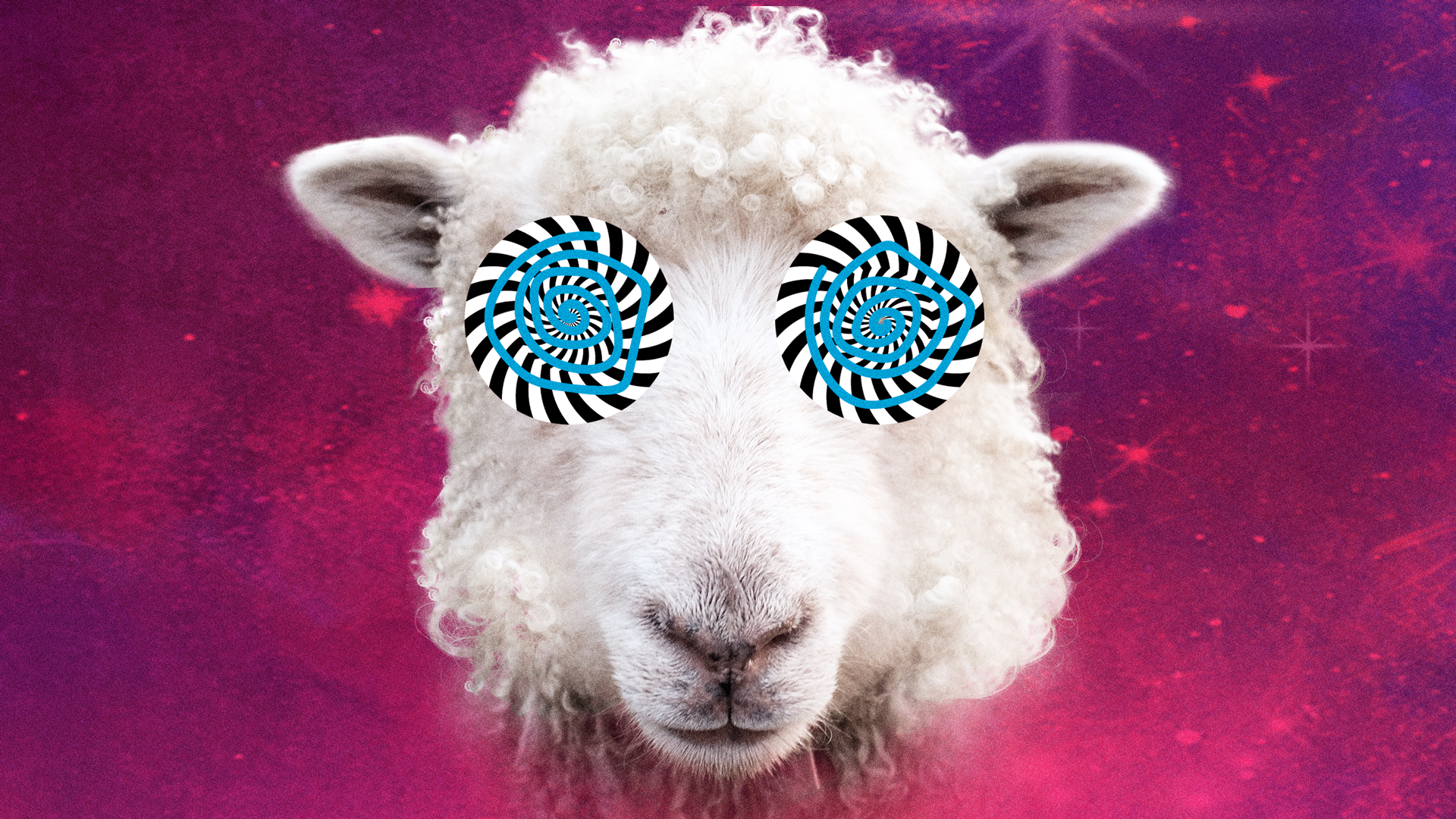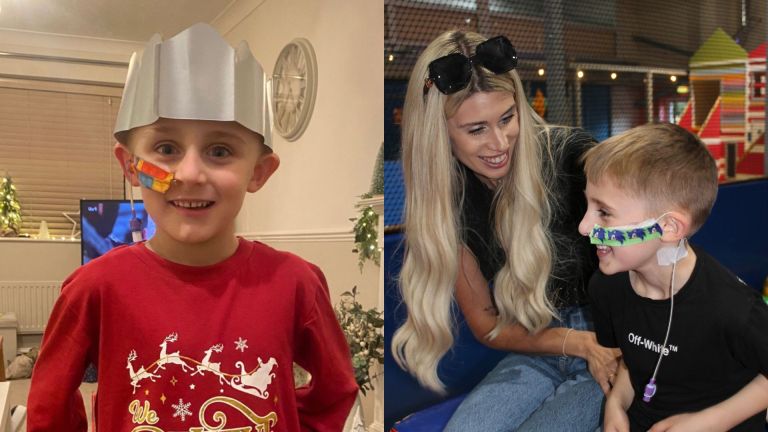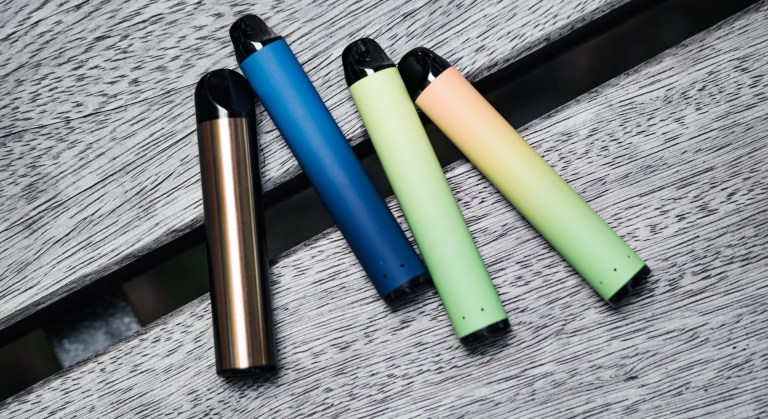‘Sleep helps to repair damaged DNA in neurons’ was last week’s insomnia news klaxon. We may not be quite sure what neurons do, but we take the point.
Sleep is a very big deal and not getting enough of it is bad for us. Cancer, heart disease, diabetes, mental health disorders – there is a full house of undesirables linked to poor sleep.
And yet it’s estimated that around a third of Britons suffer from insomnia – the state of having the opportunity but not the ability to fall and stay asleep. It’s tempting to suggest that we’re sleepwalking into a major health emergency but that’s probably the wrong metaphor.
The finger for all this wakefulness has been pointed at blue light from screens, alcohol, caffeine and of course the stresses of life in the 21st-century. And while the noise around sleep grows, so too does the range of remedies and gadgets pushed our way.
From the humble camomile tea to insomnia mattresses, sleep trackers and cognitive therapies, there are more ways than ever to chase those elusive eight hours. But as the bleary-eyed will testify, it’s 3am and we’re still awake.
TV doctor and reluctant night owl Michael Mosley explored a link between gut health and insomnia for the BBC in 2017, taking dietary prebiotics to see if it made a difference to his sleep. The results were promising – after five days of taking prebiotics his time spent awake in bed dropped from 21 per cent to just eight per cent. But this line of thought is still at an early stage and while it’s giving sleep researchers a reason to get up in the morning, the science remains unproven.










